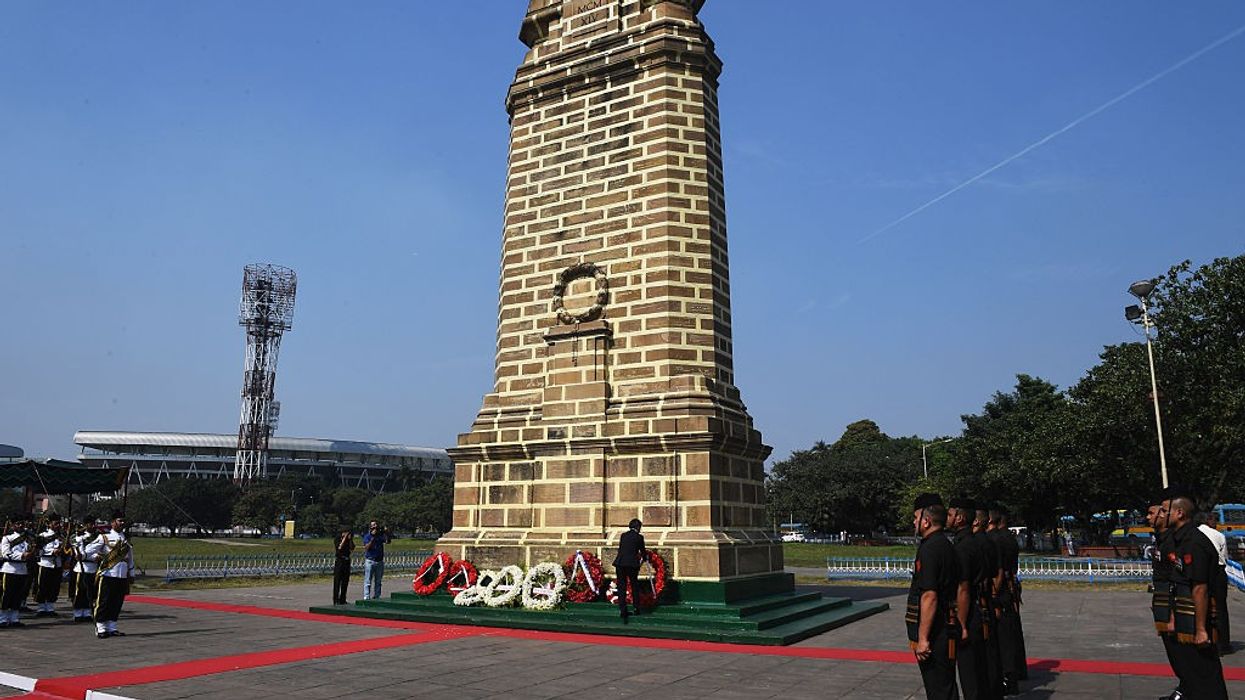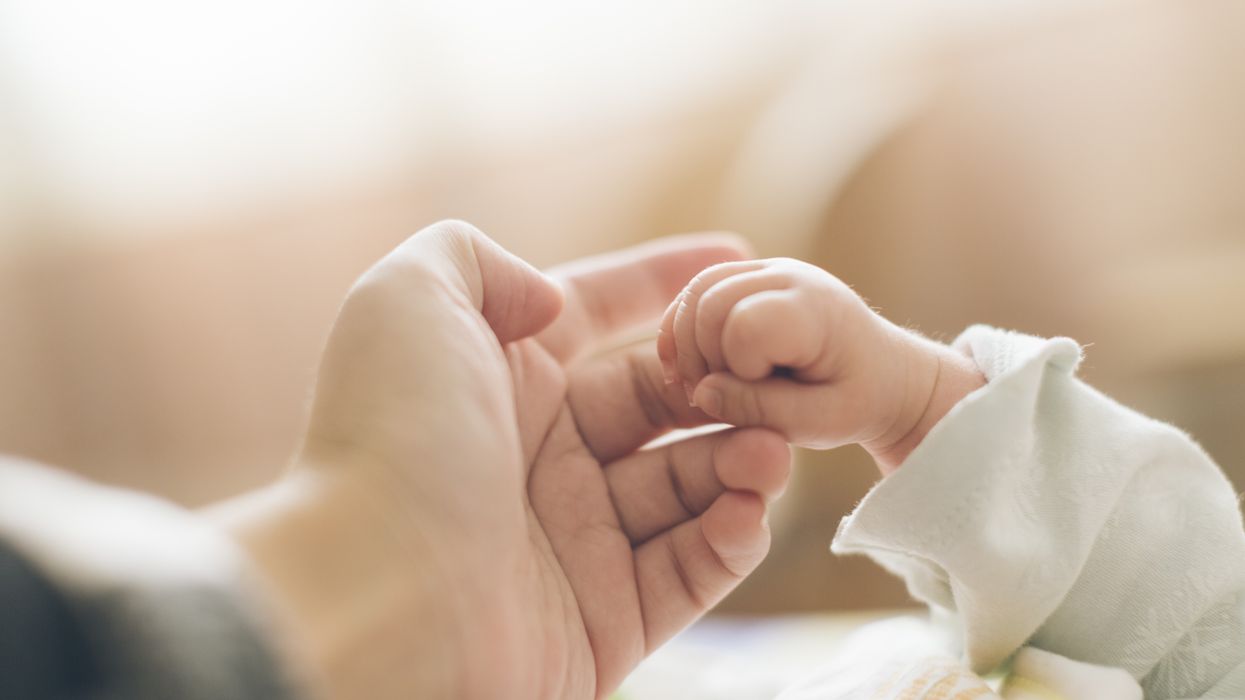Military veterans, politicians, historians, faith and civil society groups have written a joint letter on Tuesday (June 4) stating that while marking the 80th anniversary of D-Day this week, we should recognise the contributions made by the troops from various Commonwealth countries during the second world war.
The D-Day marks the landing of Allied forces on the German-occupied Normandy beach in France on June 6, 1944.
The letter pointed out that in the same year service personnel from across the Commonwealth had fought important battles across the world - from Monte Cassino in Italy to Burma and Northern India.
The 1944 Victoria Cross roll of honour includes Sikh, Muslim and Hindu soldiers from India, as well as Nepalis from the Gurkha regiments.
The letter called for honouring all those who served and added, “The service of Commonwealth forces as part of the British Empire in WW2… has shaped the multi-ethnic and multi-faith society we share today.”
The signatories include a former Chief of the General Staff and Chief of the Defence Staff; the Director-General of the Royal British Legion; as well as leading historians and faith and charity leaders.
A poll by thinktank British Future said that while six in ten Britons (62 per cent) are aware that large numbers of soldiers from India fought for the Allies in the Second World War, but only 35 per cent know about the service of those from Jamaica and just 30 per cent know that Kenyans also fought for Britain.
Only 38 per cent know that large numbers of Muslim soldiers fought for Britain, yet up to 2.5 million people from pre-partition India fought in WW2, many of them Muslims from present-day Pakistan.
Some 85 per cent of the public agrees that we should commemorate all those who fought for Britain in the world wars, regardless of where they came from.
Sunder Katwala, Director of Integration, British Future, said, "The country’s diversity owes much to the legacy of Empire, and troops from across that Empire fought alongside British forces in the Second World War. This is shared history, across people from different backgrounds, which we should remember together."
“Most people now know that Indian soldiers fought in the world wars – but fewer know that a third were Muslim or about the contributions of other minority faiths. Raising public awareness, by the time we mark the VE Day anniversary next year, can help build a shared sense of identity today.”
Dr Irfan Malik, a Nottingham GP whose grandfathers were Burma Star veterans in the second World War (and whose great-grandfathers served in WW1) said, “Researching about my ancestors’ involvement in the World Wars has transformed my thoughts about remembrance, making me feel more British. I do think that educating the public about the service of Black and Asian soldiers could help make moments like D-Day 80 and Armistice Day feel more relevant to people from all backgrounds in Britain today.”
Dr Ghee Bowman, whose latest book ‘The Great Épinal Escape’ tells the story of 500 Indian POWs who escaped just weeks before D-Day, lamented that very little is known about the Indian, African and Caribbean soldiers who served in the Second World War.
"Indians were evacuated at Dunkirk alongside British troops. The Épinal escape was much bigger than Stalag Luft III and happened around the same time, yet never made it into the movies. It’s important these stories are shared and heard more widely,” he added.












